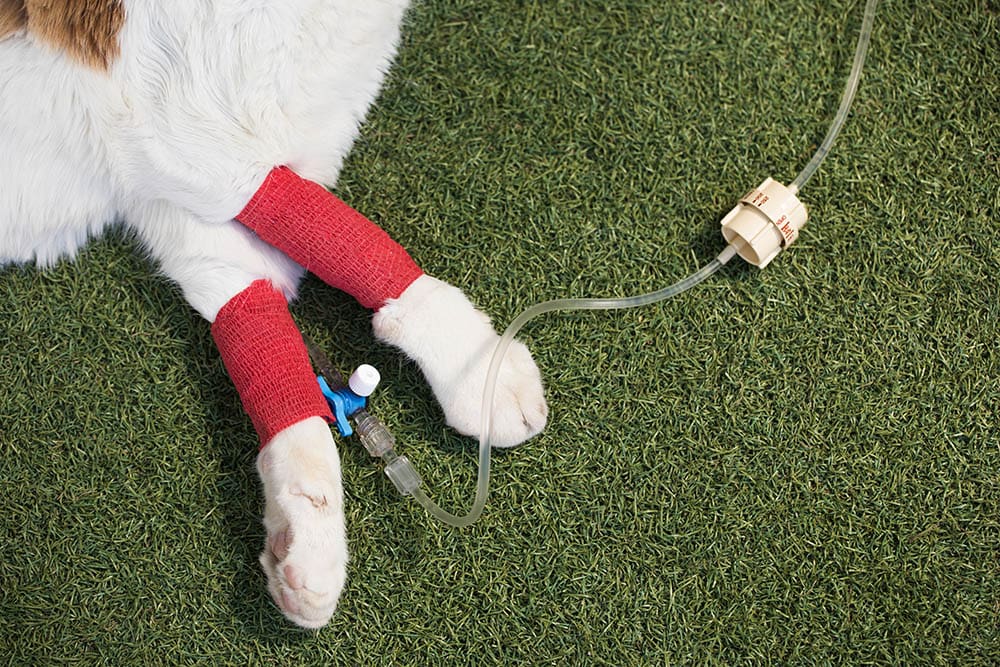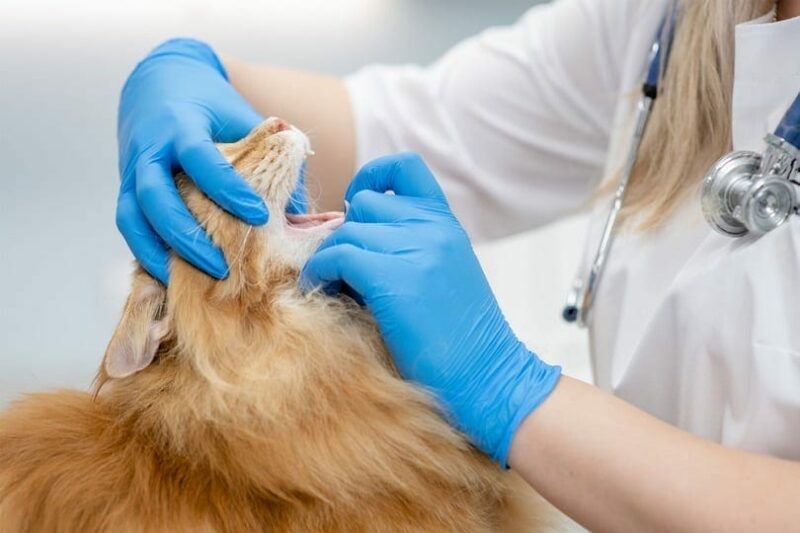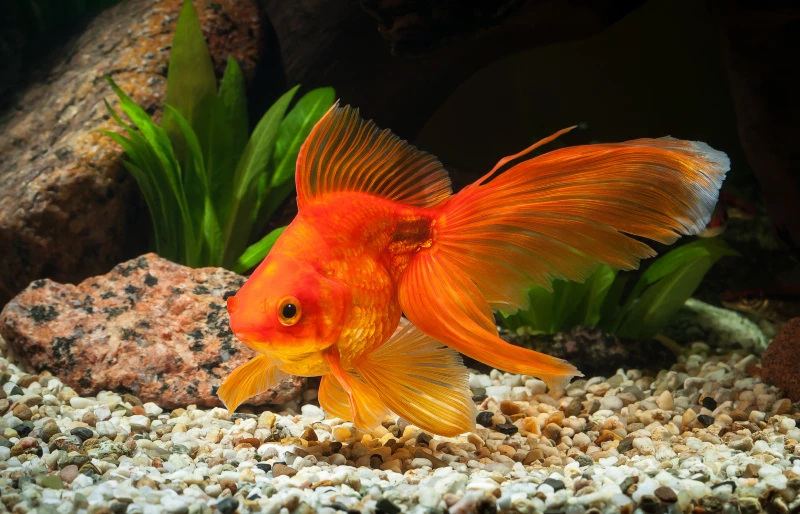Can Cats Recover From Kidney Failure? (Vet Answer)
By Dr. Sharon Butzke, DVM (Vet)
Updated on

To answer this question, it is first important to distinguish between acute and chronic kidney failure. Let’s take a closer look.
Acute vs Chronic Kidney Failure in Cats
Acute kidney failure, also called acute kidney injury (AKI), occurs when the kidneys stop working due to damage occurring in a short period of time (hours to days). This can happen for a variety of reasons, some of which include:
- Eating something toxic (e.g., lilies, antifreeze)
- Urinary blockage
- Infection (e.g., pyelonephritis)
The likelihood of recovery from AKI depends on what caused the failure and how much the kidneys are damaged before treatment can be initiated. Unfortunately, a large review of cases including all causes of AKI showed that only 46.9% of cats survived. It is reported that approximately half of the cats who do recover from AKI have permanently impaired kidney function.
Chronic kidney failure, usually referred to as chronic kidney disease (CKD), is primarily a disease of older cats. It results from kidney damage happening gradually over months and even years. Sadly, CKD has no cure. The amount of time cats live with CKD varies widely, but mostly depends on how early in the course of disease they are diagnosed.
The International Renal Interest Society (IRIS) has developed staging guidelines for CKD based on specific blood and urine test values. Based on these stages, a retrospective study provided helpful insight into survival times for cats with CKD. Most cats with early-stage disease lived for several years, while cats diagnosed in the most advanced stage passed away or were euthanized within a few months.

What Are the Signs of Kidney Failure In Cats?
Cats with acute kidney injury (AKI) often:
- Suddenly stop eating
- Have very little energy
- Vomit and/or have diarrhea, either of which may contain blood
- Urinate more than usual or not at all
- Develop neurologic symptoms (e.g., depression, seizures, coma)
Signs of chronic kidney disease (CKD) may be less obvious and appear more gradually:
- Reduced appetite and weight loss
- Decreased grooming leading to a generally “unkempt” appearance
- Increased drinking and urinating
As CKD progresses, symptoms become similar to those listed for AKI.
How Is Kidney Failure Treated in Cats?
Acute kidney injury (AKI) requires urgent, aggressive treatment in a veterinary hospital. Intravenous (IV) fluid therapy is critical, along with other supportive care and close monitoring. Hemodialysis is sometimes performed but it is an expensive treatment and not widely available. However, there is some evidence that it may improve outcomes for cats with severe AKI if implemented right away.
Treatment of chronic kidney disease (CKD) is focused on keeping the cat feeling as good as possible and slowing the course of disease. This can involve:
- Feeding a specific kidney diet
- Monitoring blood pressure and managing hypertension if necessary
- Intravenous (IV) or subcutaneous (SQ) fluid therapy
- Anti-nausea medication
Hemodialysis is not typically recommended for cats with CKD.

Can Kidney Failure Be Prevented?
For many causes of acute and chronic kidney failure, the answer is unfortunately no.
However, here are some things you can do to help keep your cat’s kidneys healthy:
- Encourage your cat to drink water and include canned food in their diet regularly
- Help your cat maintain a healthy body weight
- Take your cat to the veterinarian regularly for check-ups and bloodwork (particularly if they take certain prescription medications), which may help identify kidney changes early
- Reduce your cat’s risk of toxin ingestion by keeping them indoors, ensuring all your plants are safe for pets, storing medications out of reach, and avoiding ethylene glycol-based antifreeze
Most importantly, if you have any concerns about your cat’s health, please make sure you contact a veterinarian.
Featured Image Credit: ojos de hojalata, Shutterstock













